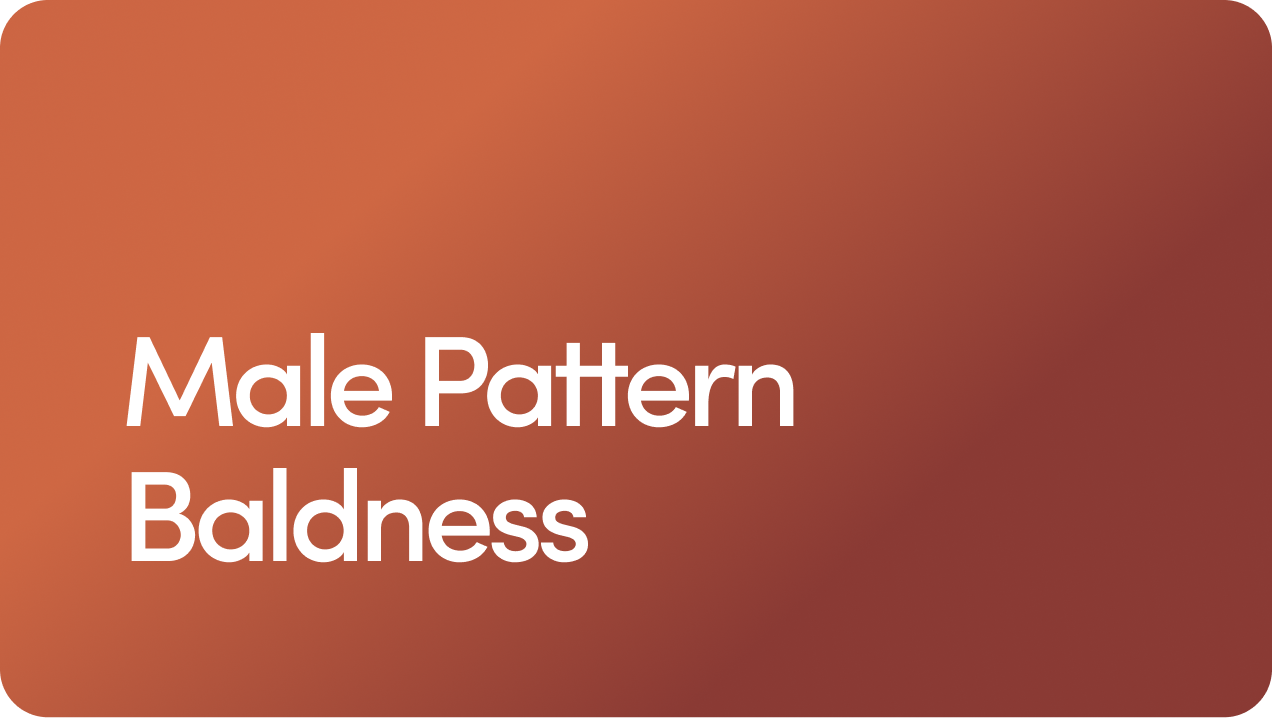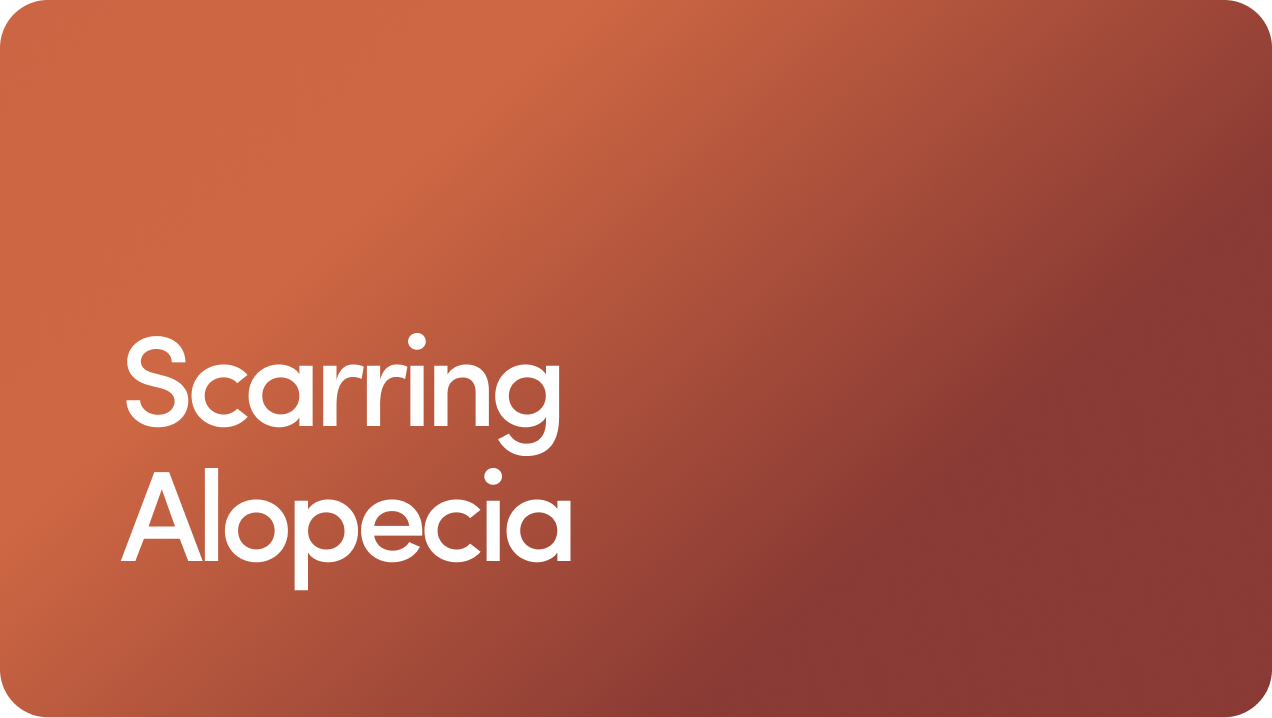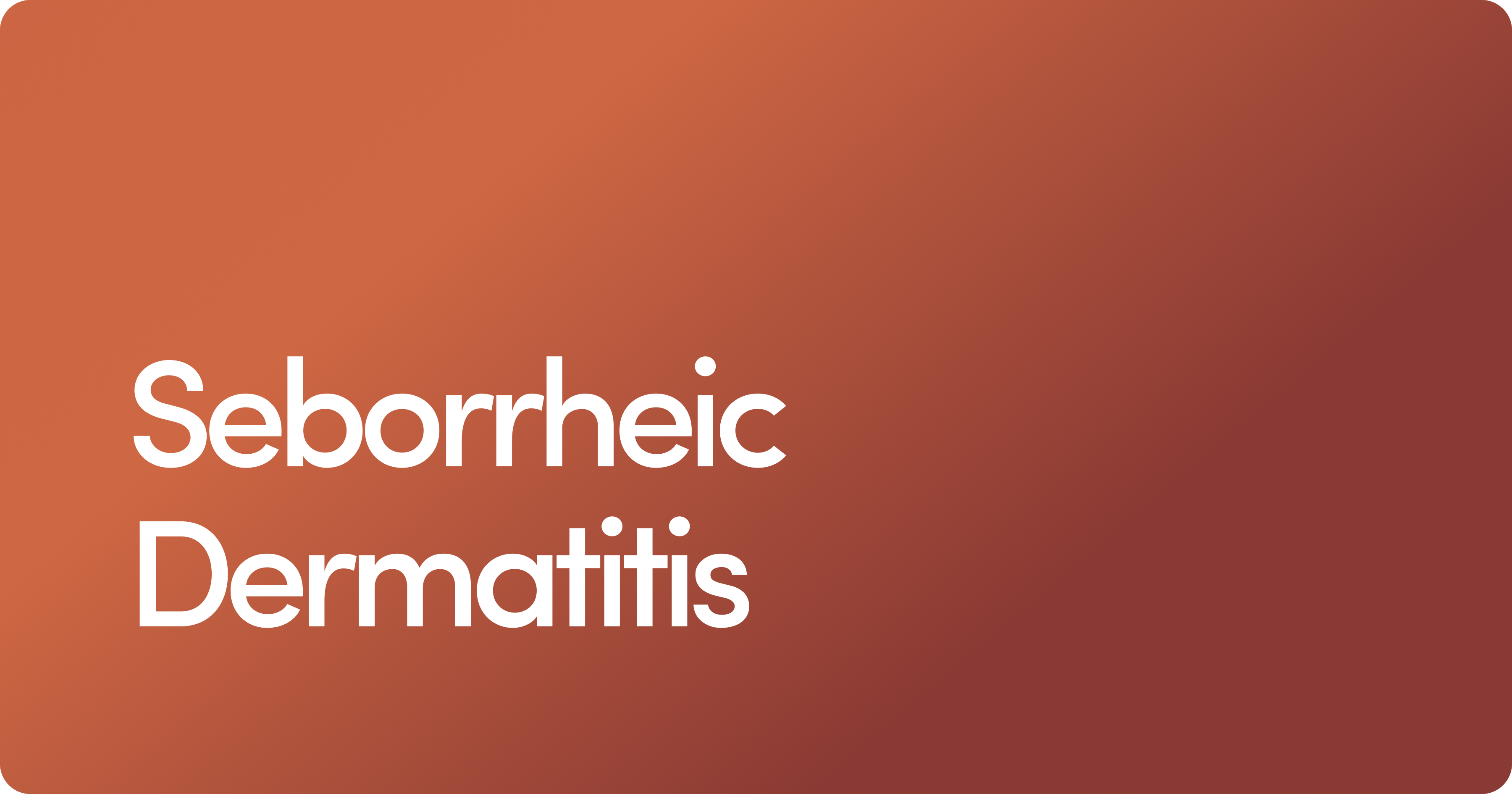Content
FDA approved for more than 25 years
Biotin vs Collagen For Hair Health and Beyond: Here’s How They Compare

You’ve seen them side-by-side on a shelf, maybe even sharing a label on a hair growth shampoo. While both biotin and collagen are famous (well, in some circles) for their hair-enhancing properties, they have some key differences. And when it comes to biotin vs collagen, how does each stack up?
Whether you’re noticing the signs of hair loss or are just curious about things that may make your hair a little stronger, shinier, or overall healthier, understanding the difference between biotin and collagen can help you decide which is best for you. And the best news? You don’t have to choose one or the other.
Content
You might be vaguely aware that biotin and collagen both have something to do with hair health. But what do they do beyond that?
In short, biotin and collagen are essential nutrients that help the body function properly in many different ways.
Despite this similarity and their proximity in the hair aisle of your favorite drugstore, there are many differences between biotin and collagen. Here’s a quick overview:
Biotin is a vitamin, while collagen is a protein.
Biotin supports metabolic processes and energy production, while collagen provides tissues with structural support (strength and elasticity).
Biotin comes from various foods, especially those rich in B vitamins, whereas collagen is derived from animal tissue and is made naturally in the body.
Biotin is water-soluble, but collagen needs to be broken down before the body can absorb it.
Let’s look at each in a bit more detail.
Biotin
Biotin, also known as vitamin B7 or vitamin H, is an essential vitamin, meaning your body needs it to function. Your body does not make biotin naturally, so you need to get it from food sources or, in some cases, through supplementation.
B vitamins may not have the pedigree of vitamin C or vitamin D, but they’re just as crucial since they help the body efficiently use carbohydrates, fat, and protein for energy.
So, what does that mean about the relationship between biotin and hair? Biotin helps the body produce keratin, a protein that gives your hair, skin, and nails shape and form. Without keratin, you literally would not have hair (or, um, any semblance of form), so we’d say it’s pretty essential.
One of the key signs of a biotin deficiency is hair thinning or loss. On the flip side, having adequate biotin helps you grow normal, healthy hair.
You can learn more about biotin vs keratin for hair loss in our guide.
Collagen
Collagen is the most abundant protein in the human body. Unlike biotin, collagen is produced naturally by your body, but its production decreases with age. You have declining collagen to thank for things that come with aging, like fine lines, wrinkles, or more brittle nails.
Collagen production ramps up in the body until around the age of 20. Research shows it then declines by about 1 to 1.5 percent per year, which is why some people take collagen supplements.
Collagen is a structural protein that supports connective tissue, including skin, tendons, and bones.
But what about collagen and hair? Keratin, one of the building blocks of hair, is mainly made up of an amino acid known as proline — and collagen is rich in proline, which helps support hair health.
Asking whether biotin or collagen is better for hair growth is like asking if peanut butter or jelly is better for a PBJ — they’re different but equally vital to the goal.
The good news is that the two are complementary, so if you’re wondering if you can take biotin and collagen together, the answer is a resounding yes. You may also see the ingredients paired together in shampoo, making it easy to use both on hair.
Biotin and Hair Growth
There is some evidence that biotin can help regrow hair. A 2021 study of 156 women who had undergone weight loss surgery found that 72 percent had temporary hair loss after surgery.
Some were found to be deficient in biotin and took supplements, but an additional 29 patients elected to take biotin supplements even though their levels were sufficient. Between both groups who supplemented with biotin, 39 percent reported a “remarkable decline” in hair loss.
This suggests that biotin supplementation may help hair even if you don’t have a deficiency, which goes against what we’re usually told about biotin. However, more research is needed there.
Biotin deficiency is rare, especially in people who eat a balanced diet. However, it is possible, and a true deficiency is a known cause of hair loss. If you're seeing hair loss, it's best to visit a healthcare provider for a blood test to confirm a biotin deficiency.
Studies point out that biotin is not always the answer, and it’s important to look into other nutritional causes of hair loss, like a lack of vitamin A, selenium, iron, and zinc.
Collagen and Hair Growth
Newer research also indicates that fish-derived collagen enhances hair growth and increases the number of hair follicles in mice. However, these findings still need to be recreated in humans, and there’s currently no solid evidence linking collagen to hair growth in people.
However, collagen can benefit overall hair health. It’s an antioxidant that can help fight free radical damage (from things like pollution, UV rays, inflammation, and good old aging), which may impact hair health.
Research shows marine collagen derived from fish scales is an especially powerful antioxidant.
There isn’t much research on collagen and hair specifically, but we do know a lot about collagen and skin. One study looked at 69 women ages 35 through 55 who took daily collagen supplements and found significant improvement in skin elasticity compared to the placebo group.
As you know, the scalp is made of skin, so collagen may help support the delicate skin around the hair follicles and potentially lead to healthier hair.
The benefits of biotin and collagen don’t begin and end with hair health — they’re each important for overall health and wellness in some pretty surprising ways, which we’ll break down below.
Benefits of Biotin
We mentioned that biotin is an essential nutrient, and it turns out you can see that throughout your body. Here are some ways biotin works for you:
Helps regulate mood. Research supports the idea that higher levels of biotin are associated with better mood, specifically lower levels of depression.
Fights inflammation. Biotin is thought to be anti-inflammatory, and a biotin deficiency is associated with inflammatory bowel disease. More research is needed, but because of its anti-inflammatory properties, biotin may help with scalp conditions like psoriasis, tinea capita (scalp ringworm), folliculitis, and seborrheic dermatitis, all of which cause scalp inflammation.
Supports skin and nail health. Biotin helps metabolize fat, which is important to skin health. That’s one reason why a red, scaly rash around the eyes, nose, or mouth is a sign of a biotin deficiency. In addition, a small study found that biotin improved nail strength in 63 percent of people.
Helps control blood sugar in people with diabetes. Studies show that taking biotin in addition to insulin can further help control blood glucose levels for people with type 2 diabetes.
Benefits of Collagen
Collagen largely works in muscles, skin, and bones, but it has a wide variety of positive effects in these areas. Specifically, it:
Supports muscle growth. Collagen is an essential part of muscles. More research is needed, but a small 12-week study on 26 men with sarcopenia (progressive loss of muscle mass due to aging) found that those who took 15 grams of collagen while participating in an exercise program had more muscle mass than those who exercised but did not supplement.
Promotes healthy skin. A 2019 meta-analysis of eleven studies found that oral collagen supplements increase skin elasticity, hydration, and dermal collagen density (how much collagen there is in the skin). One thing to note about collagen is that its molecules are too big to penetrate the skin, so it’s better to take collagen than to use it topically, unlike many anti-aging skin care products tell you to do.
May support bone health. Because bones are primarily made of collagen, it makes sense that as collagen declines with age, so does bone density. Some research indicates that collagen supplements may stop or slow the bone breakdown that can ultimately lead to osteoporosis.
Accelerates wound healing. Collagen is essential for wound healing because it supports tissue regeneration and the creation of new blood vessels. Some wound dressings are even made from collagen to accelerate healing.
You can readily find biotin in many foods. Biotin-rich foods include:
Meat, fish, eggs, and organ meats
Seeds, nuts, and nut butter
Certain vegetables, including sweet potatoes, spinach, and broccoli
Whole grains
Bananas
Mushrooms
Avocados
But you can also supplement with biotin if you’re not sure you’re getting enough from your diet alone. Biotin (and all B vitamins) are water-soluble, so you’ll just pee out any excess — you may notice it turns urine a neon yellow.
Our biotin gummies are an easy (and tasty) way to ensure you meet your daily biotin needs and support healthy hair.
Your body makes collagen, but there are limited food sources of collagen. Some of the foods that do contain collagen include:
Some bone broths
Organ meats
Some gummy candy
Skin-on chicken or fish
Sardines
Collagen-infused beverages
Other foods help with collagen production by supplying the body with amino acids that make collagen (glycine, proline, hydroxyproline) or certain nutrients like zinc and copper, which also help create collagen. These include:
Berries
Cashews
Tomatoes
Peppers
Beans
Meat
Collagen has to be broken down into smaller amino acids or peptides before the body can use it. Collagen powders — sometimes called hydrolyzed collagen) — have already been broken down.
Here’s the TL;DR on biotin vs collagen for skin and hair health.
Biotin and collagen play distinct but complementary roles in hair health — biotin supports keratin production, while collagen provides structural support to the hair and scalp.
Taking both biotin and collagen together can be beneficial. Both are available in food sources (though biotin is more readily available in food), and it’s not hard to find high-quality biotin and collagen supplements.
Beyond hair, biotin and collagen contribute to your health by aiding skin elasticity, nail strength, muscle growth, and bone density.
If you’re curious about how much biotin you need daily, check out our guide to biotin dosage.
If you have questions about why you’re experiencing hair loss, you can speak with a healthcare professional who will recommend the best hair loss treatments for your specific situation.
21 Sources
- Choi FD, et al. (2019). Oral Collagen Supplementation: A Systematic Review of Dermatological Applications. Retrieved from https://jddonline.com/articles/oral-collagen-supplementation-a-systematic-review-of-dermatological-applications-S1545961619P0009X/
- Erbach J, et al. (2022). Relevance of Biotin Deficiency in Patients with Inflammatory Bowel Disease and Utility of Serum 3 Hydroxyisovaleryl Carnitine as a Practical Everyday Marker. Retrieved from https://www.ncbi.nlm.nih.gov/pmc/articles/PMC8877558/
- Föger-Samwald U, et al. (2020). Osteoporosis: Pathophysiology and therapeutic options. Retrieved from https://www.ncbi.nlm.nih.gov/pmc/articles/PMC7415937/
- Hwang SB, et al. (2022). Hair-Growth-Promoting Effects of the Fish Collagen Peptide in Human Dermal Papilla Cells and C57BL/6 Mice Modulating Wnt/β-Catenin and BMP Signaling Pathways. Retrieved from https://www.ncbi.nlm.nih.gov/pmc/articles/PMC9569759/
- Hochman LG, et al. (1993). Brittle nails: response to daily biotin supplementation. Retrieved from https://pubmed.ncbi.nlm.nih.gov/8477615/
- Karna E, et al. (2021). Proline-dependent regulation of collagen metabolism. Retrieved from https://www.ncbi.nlm.nih.gov/pmc/articles/PMC7228914/
- Mahdavifar B, et al. (2021).Dietary intake of B vitamins and their association with depression, anxiety, and stress symptoms: A cross-sectional, population-based survey. Retrieved from https://pubmed.ncbi.nlm.nih.gov/33848753/
- Mathew-Steiner S, et al. (2021). Collagen in Wound Healing. Retrieved from https://www.ncbi.nlm.nih.gov/pmc/articles/PMC8151502/
- NIH. Biotin. Retrieved from https://ods.od.nih.gov/factsheets/Biotin-Consumer/#h3
- Proksch E, et al. (2014). Oral supplementation of specific collagen peptides has beneficial effects on human skin physiology: a double-blind, placebo-controlled study. Retrieved from https://pubmed.ncbi.nlm.nih.gov/23949208/
- Reilly DM, et al. (2021). Skin collagen through the lifestages: importance for skin health and beauty. Retrieved from
- https://www.oaepublish.com/articles/2347-9264.2020.153
- Saleem F, et al. (2023). Biotin Deficiency. Retrieve d from https://www.ncbi.nlm.nih.gov/books/NBK547751/
- Şen O, et al. (2020). Hair Loss After Sleeve Gastrectomy and Effect of Biotin Supplements. Retrieved from https://pubmed.ncbi.nlm.nih.gov/32762597/
- Tarnutzer T, et al. (20230. Collagen constitutes about 12% in females and 17% in males of the total protein in mice. Retrieved from https://pubmed.ncbi.nlm.nih.gov/36934197/
- Trüeb RM. (2015). The impact of oxidative stress on hair. Retrieved from https://pubmed.ncbi.nlm.nih.gov/26574302/
- Trüeb RM. (2016). Serum Biotin Levels in Women Complaining of Hair Loss. Retrieved from https://www.ncbi.nlm.nih.gov/pmc/articles/PMC4989391/
- Vistas KG, et al. (2023). Biotin. https://www.ncbi.nlm.nih.gov/books/NBK554493/
- Wang B, et al. (2013). Isolation and Characterization of Collagen and Antioxidant Collagen Peptides from Scales of Croceine Croaker (Pseudosciaena crocea). Retrieved from https://www.ncbi.nlm.nih.gov/pmc/articles/PMC3853751/
- Wu M, et al. (2023). Biochemistry, Collagen Synthesis. Retrieved from https://www.ncbi.nlm.nih.gov/books/NBK507709/
- Zdzieblik D, et al. (2015). Collagen peptide supplementation in combination with resistance training improves body composition and increases muscle strength in elderly sarcopenic men: a randomised controlled trial. Retrieved from https://www.ncbi.nlm.nih.gov/pmc/articles/PMC4594048/
Editorial Standards
Hims & Hers has strict sourcing guidelines to ensure our content is accurate and current. We rely on peer-reviewed studies, academic research institutions, and medical associations. We strive to use primary sources and refrain from using tertiary references. See a mistake? Let us know at [email protected]!
This article is for informational purposes only and does not constitute medical advice. The information contained herein is not a substitute for and should never be relied upon for professional medical advice. Always talk to your doctor about the risks and benefits of any treatment. Learn more about our editorial standards here.
Knox Beasley, MD
Education
Bachelor of Science, Life Sciences. United States Military Academy.
Doctor of Medicine. Tulane University School of Medicine
Training
Dermatology Residency. San Antonio Uniformed Services Health Education Consortium
Certifications
Board Certified. American Board of Dermatology
Medical Licenses
Dr. Beasley is licensed in all 50 states
Affiliations & Memberships
Fellow, American Academy of Dermatology
Specialties & Areas of Focus
Hair Loss, Dermatology
Years of Experience
10 years of clinical practice as a Dermatologist
Previous Work Experience
Medical Director - YouHealth Medical Groups, 2025–
Private practice, 2024–
Chief of Dermatology - , 2015–2019
Publications
Wilson, L. M., Beasley, K. J., Sorrells, T. C., & Johnson, V. V. (2017). Congenital neurocristic cutaneous hamartoma with poliosis: A case report. Journal of cutaneous pathology, 44(11), 974–977.
Banta, J., Beasley, K., Kobayashi, T., & Rohena, L. (2016). Encephalocraniocutaneous lipomatosis (Haberland syndrome): A mild case with bilateral cutaneous and ocular involvement. JAAD case reports, 2(2), 150–152.
Patterson, A. T., Beasley, K. J., & Kobayashi, T. T. (2016). Fibroelastolytic papulosis: histopathologic confirmation of disease spectrum variants in a single case. Journal of cutaneous pathology, 43(2), 142–147.
Beasley, K., Panach, K., & Dominguez, A. R. (2016). Disseminated Candida tropicalis presenting with Ecthyma-Gangrenosum-like Lesions. Dermatology online journal, 22(1), 13030/qt7vg4n68j.
Kimes, K., Beasley, K., & Dalton, S. R. (2015). Eruptive milia and comedones during treatment with dovitinib. Dermatology online journal, 21(9), 13030/qt8kw141mb.
Miladi, A., Thomas, B. C., Beasley, K., & Meyerle, J. (2015). Angioimmunoblastic t-cell lymphoma presenting as purpura fulminans. Cutis, 95(2), 113–115.
Beasley K, Dai JM, Brown P, Lenz B, Hivnor CM. (2013). Ablative Fractional Versus Nonablative Fractional Lasers – Where Are We and How Do We Compare Differing Products?. Curr Dermatol Rep, 2, 135–143.
Siami P, Beasley K, Woolen S, Zahn J. (2012). A retrospective study evaluating the efficacy and tolerability of intra-abdominal once-yearly histrelin acetate subcutaneous implant in patients with advanced prostate cancer. UroToday Int J, June 5(3), art 26.
Siami P, Beasley K. (2012). Dutasteride with As-Needed Tamsulosin in Men at Risk of Benign Prostate Hypertrophy Progression. UroToday Int J, Feb 5(1), art 93. https://www.urotoday.com/volume-5-2012/vol-5-issue-1/48691-dutasteride-with-as-needed-tamsulosin-in-men-at-risk-of-benign-prostatic-hypertrophy-progression.html
Why I Practice Medicine
Dr. Beasley began doing telemedicine while serving in the U.S. Army, providing dermatologic care for soldiers stationed around the world. This experience sparked his passion for telemedicine and inspired his commitment to expanding access to healthcare for patients across the United States.
Hobbies & Interests
In his free time, Dr. Beasley enjoys cooking, reading, and trips to the beach with his wife and two kids (with sunscreen of course).
Related Articles
Related Conditions
 Hair Loss
Hair Loss
 Male Pattern Baldness
Male Pattern Baldness
 Dandruff
Dandruff
 Scarring Alopecia
Scarring Alopecia
 Seborrheic Dermatitis
Seborrheic Dermatitis
